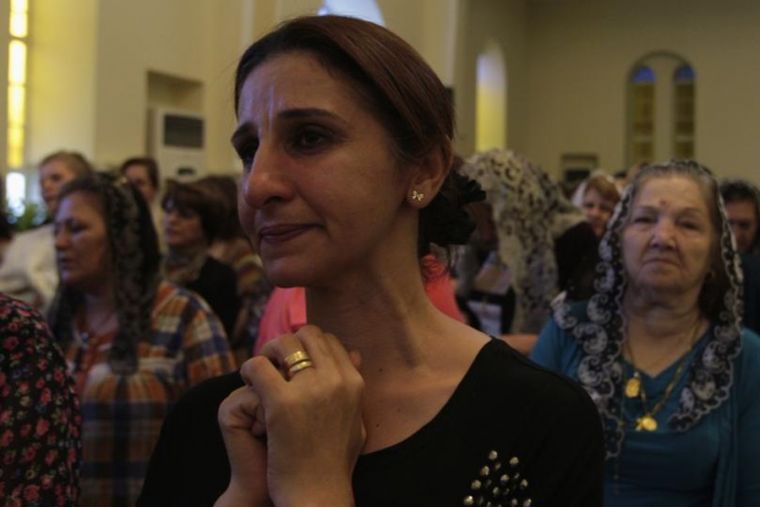Next U.S. President urged to put persecuted Christians on agenda

As the U.S. presidential race heats up, the head of a Catholic organisation is calling on the candidates to put people who are often neglected high up on their agenda: the persecuted Christians in the Middle East.
Speaking at the National Advocacy Convention 2016 for persecuted Middle Eastern Christians, Knights of Columbus head Carl Anderson appealed to Republican presidential nominee Donald Trump and Democratic Party presidential candidate Hillary Clinton to help end what he called "the system of religious apartheid" that brings about the persecution of Christians in the Middle East.
"These Christians persevere through an everyday heroism; and despite the tragic costs of that heroism, they continue to hope," Anderson said, as quoted by The Catholic News Agency. "And their hope includes a faith in us."
Anderson, who was given the Solidarity Award for his work in defending marginalised Christians, highlighted the fact that these persecuted faithful in Muslim-dominated Middle East has "lost everything except their faith."
"Many of those who have lost everything now live as refugees who cannot find employment or housing or adequate medical care or clothing, or education for their children," he said.
The Knights of Columbus also reminded the presidential aspirants not to fund efforts "to rebuild a discriminatory system that continues to impose second-class citizenship upon religious minorities."
Instead, the next U.S. president should make sure that Christians enjoy the same rights as Muslim residents in the Middle East, and that new channels and partnerships are developed to ensure that financial aid will end up in the hands of Christians who have not been reached by traditional outreach groups.
"A genocide that some began by the sword cannot be allowed to succeed through indifference," he continued. "The U.S. must make sure that aid reaches Christians displaced from their homes, many of who reportedly get no financial support from our government or from the United Nations."











